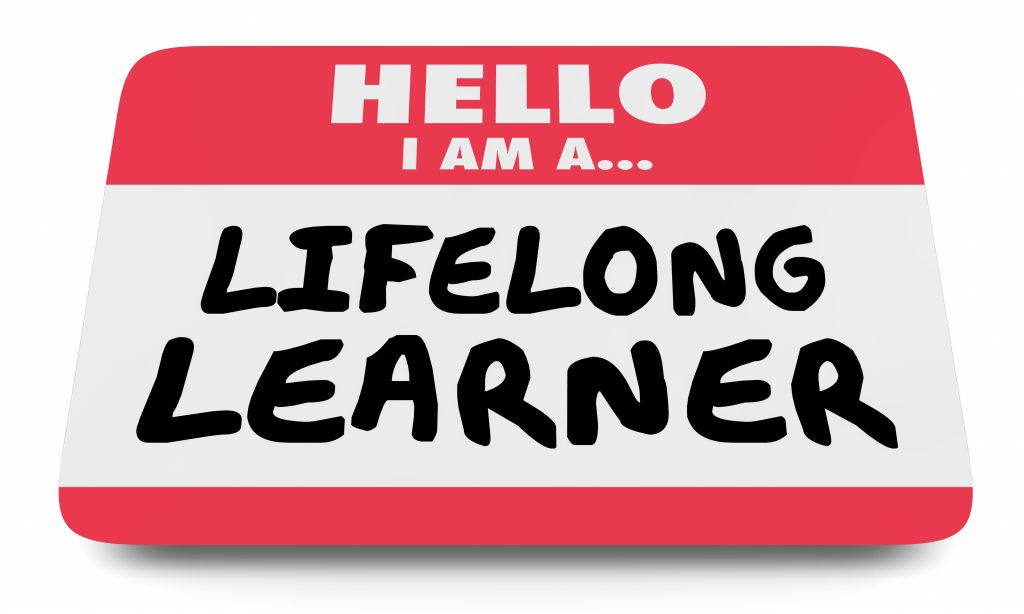Education for the Long Run
Education for the Long Run
At 100 Year Lifestyle we have always embraced lifelong learning, or education for the long run. We recognize the many values of continuing to learn throughout your life. This month, April, as America enjoys the Boston Marathon, we’re going to take a closer look at education for the long run. In this article we’re going to take a deep dive into your brain on learning—what actually happens to our brains and our bodies when we learn.
Neuroscience and Neuroplasticity
When it comes to neuroscience, 100 Year Lifestyle and chiropractic care are an integral part of the conversation. We know that neuroplasticity is the brain’s ability to adapt, master new skills, store memories and information, and recover from brain injury. We also know that it is essential to life in general, and certainly quality of life.
The brain needs to be plastic in order to learn new motor skills. That means it needs to be able to quickly change the strength or focus between neurons. By being able to change quickly, it allows us to form new patterns in order to accomplish a particular task. It’s how we are able—at any age— to learn a new language, play an instrument, or swim. It’s also how we seamlessly go from having a conversation to doing math to cooking dinner in a matter of 5 minutes.
When we are learning, there is a biochemical modification that takes place in our brain. This modification is essential to producing the changes in the connections between the brain cells that allow us to learn. Specifically, a small fatty acid is attached to a protein in our brain.
Multitasking and Learning New Skills
However, this process is very precise. Otherwise, if the brain were too plastic, we would easily forget the skills we had learned. This balance is the brain’s job. It is always trying to accommodate us as we try to multitask—do multiple things at once. While we try to talk on the phone, type on the computer, and eat lunch, the brain is busy behind the scenes making it all happen.
In the case of learning a new motor skill, such as swinging a golf club, the neurons in your brain initiate the task at hand. They form circuits that tell the body’s muscles to swing the club. If this is a skill you’re just learning, you might not do such a great job the first time out. However, as you repeat the action the brain will get feedback from your body allowing the brain to seek better ways to send the command to your muscles. If you stay with it, you’ll be great! Your brain will never give up – it just might need more time!
Lifelong Learning
Remember, education for the long run. Lifelong learning is a way to keep your mind functioning at 100:100 – 100% for 100 years or more. Maintaining your body’s natural IT system, your nervous system, is essential in order to keep every cell and nerve in your body communicating clearly and functioning properly.
Want to keep your mind and body functioning at peak levels? Crack open a book, take up chess, or pick up a tennis racket. Want to live at 100% for 100 years or more? Find a 100 Year Lifestyle chiropractor near you! Remember, your 100 is coming, whether you think you want to live to 100 or not.
- SHARE THIS POST



